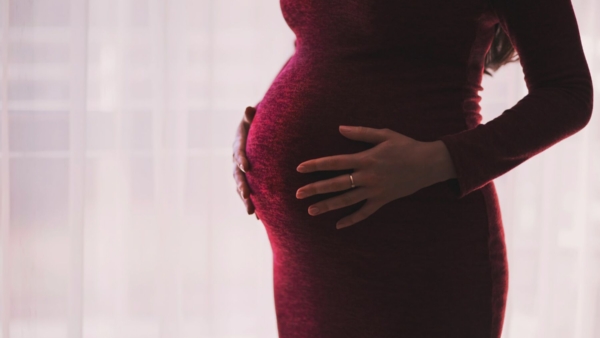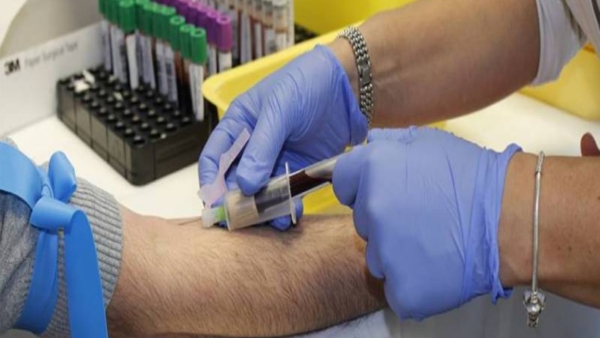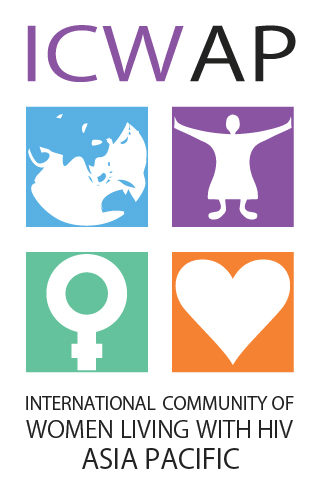Overview
Thailand does not have an HIV-specific law, however we are aware of at least one case of general harm laws being applied to alleged HIV transmission.
Section 297 of the Criminal Code defines grievous bodily harm to include ‘infirmity or chronic illness which may last throughout life’, which creates the possibility of HIV transmission being prosecuted under this provision with a penalty of six months to ten years’ imprisonment.
A February 2023 report stated that a woman accused her husband of HIV transmission to both her and her unborn baby. Following birth, the baby was consistently sick which led the woman to seek medical attention, at which point their HIV status was revealed, and the woman alleges this was a result of her husband cheating on her. The baby died following the diagnosis. Although it is not clear whether criminal charges were laid, the report suggests that the man could be liable under section 297.
Earlier, in August 2020, the Royal Thai Police deputy police spokesman was quoted as saying ‘people with risky behaviours’ and people living with HIV would be prosecuted if they donate blood. The report, translated from Thai, suggests police would use a charge of killing with intent. It is not clear what triggered the statement or whether this is an official position of the Royal Thai Police. It does not appear that any cases have arisen following this statement.
Laws
Criminal Code
Section 297
Whoever, commits bodily harm, and thereby causing the victim to receive grievous bodily harm, shall be punished with imprisonment of six months to ten years. Grievous bodily harms are as follows:
- Deprivation of the sight, deprivation of the hearing, cutting of the tongue or loss of the sense of smelling;
- Loss of genital organs or reproductive ability;
- Loss of an arm, leg, hand, foot, finger or any other organ;
- Permanent disfiguration of face;
- Abortion;
- Permanent insanity;
- Infirmity or chronic illness which may last throughout life;
Infirmity or illness causing the sufferer to be in severe bodily pain for over twenty days or to be unable to follow the ordinary pursuits for over twenty days.
Acknowledgements
Our thanks to Australian law firm Hall & Wilcox for their research assistance to confirm current relevant legislation.
HIV Justice Network's Positive Destinations
Visit the Thailand page on Positive Destinations for information on regulations that restrict entry, stay, and residency based on HIV-positive status, as well as access to HIV treatment for non-nationals.




